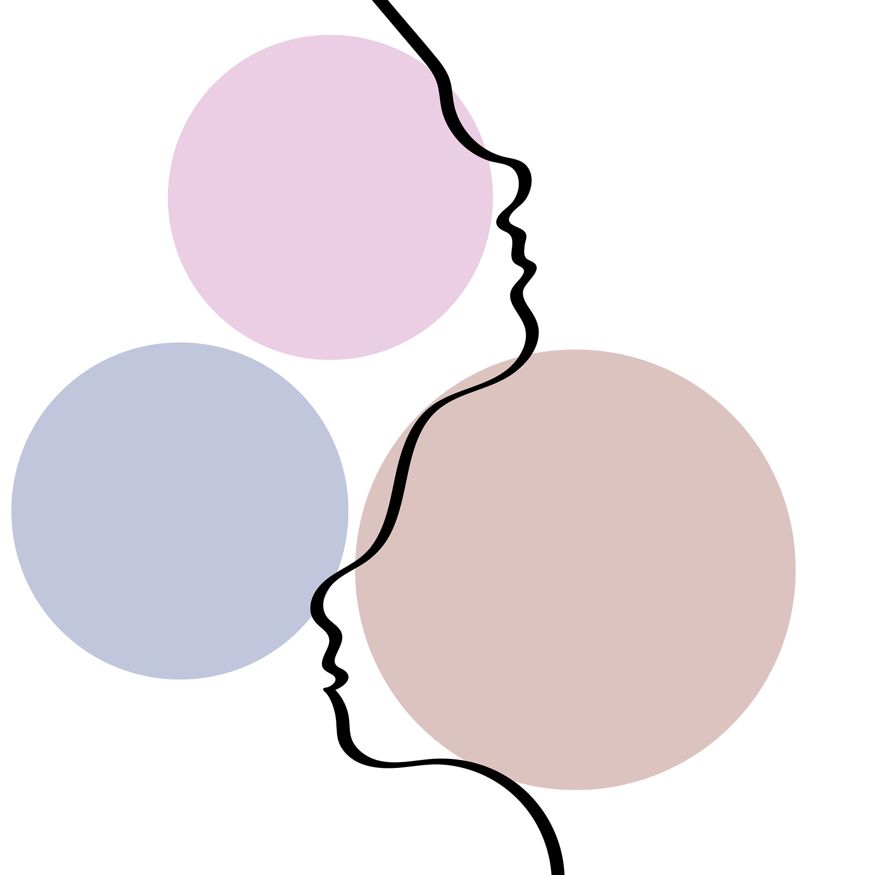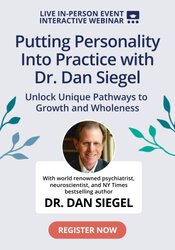Enrol in an online course today for flexible, self-paced learning—no fixed schedule required. Plus, enjoy lifetime access to course materials for convenient revisiting.
Individual Therapy with the Couple in Mind 6/6: Dilemmas

In my practice it has been common for me to hear about trauma from the past and rarer that clients bring disturbing reports of their current relationships. If we found ourselves concerned that a client was currently in an abusive relationship, we could be facing a major ethical dilemma. Just as we might have to take action if we believed a child were being abused in a client’s home, there would be a strong ethical case for action to support a client whom we believed were in danger.
This is not a situation I have yet faced. But I have worked with clients where I really doubted that the relationship could be repaired. When this happens, I need supervision to contain my sense of helplessness so that I am freed up to continue the work, and to make the moment-by-moment judgements about the ratio of compassion and challenge that can help this client. Most of all, I aim to bring real and fresh curiosity as the tormented client goes back round and round the loops of their toxic relationship.
From work with both couples and individuals in these kinds of relationships, I have seen that individual therapists often do more good than they know. Sometimes it is a matter of the individual client needing to grow strong enough so that one day they can leave the relationship; therapy may be absolutely critical to them finding that strength.
There are other times when, as individual therapists, we may be seduced by our client’s narrative and lose sight of the systemic process into which they, just as much as their partner, are drawn. If we find ourselves thinking of our client as the ‘good guy’ this is a time to be aware of that danger.
Something else that we can usefully listen out for is how we, and the therapy, are being positioned within the couples’ interactions. In the opening blog of this series, I mentioned a client who was speaking with her husband about the therapy. Whilst this is not something we can control, I don’t want to appear to ‘encourage’ this. I rather hold with the old-fashioned idea of keeping the therapy relationship somewhat protected.
I know from couple work that one partner sometimes takes a strong view about the other partner’s individual therapy – often along the lines of, “Their therapist is just giving them strokes, not really challenging them”. Of course sometimes the critical partner has identified a real shortfall in the therapy. But more often they have an agenda for the kind of development they want to see in their partner and the therapist is disappointing them by not moulding the client to the desired outcome.
Whether we work with individuals or couples, most of us know that sinking feeling that we’ve lapsed into a psycho-educational mode. In my experience this temptation to veer towards psych-ed may be greater with couples, possibly because they are often a willing audience. After all, the minutes spent on psych-ed are basically time-out from the demanding work of really being with their experience (both individual and joint)!
When I escape into ‘lecture mode’ this is usually because I am compensating for a sense of helplessness. Whilst a part of me tries to justify this, I well know that clients rarely need information, rather they need help to do their own thinking. When we can provide the conditions in which their thinking deepens and becomes more organised, then they can work out their answers, or just get their questions more clearly lined up.
I think the area where our psycho-educative ‘guidance’ can occasionally help is in normalising. For clients in relationships, this might mean helping them to examine the myths they have absorbed about what a happy marriage or a successful sexual relationship looks like. One of the most common myths which burden couples is the idea that good sex should be spontaneous. This becomes particularly iniquitous when a couple have young children. Sometimes information can rouse us and disrupt our assumptions, but clients – whether individuals or couples – will be most empowered if they learn to unpack their own beliefs.
Attachment theory and the couple
I would like to close this series with a note about attachment theory, which has been our guide throughout. Bowlby was clear that attachment is a universal need from cradle to grave but it has been the next generation of attachment theorists (for more on this see Hazan and Zeifman’s paper in the Handbook of Attachment) who have applied Bowlby’s thinking to the couple.
In an adult bond, the two partners serve as attachment figures for each other. Too often this attachment is troubled and for such clients the relationship with their individual therapist is likely to be more secure. If some of that security can spread out towards the difficult couple relationship then the client will go forward with an enduring, growing resource.
A good enough relationship gives us reciprocal caregiving and mutual support – a resilient platform for ongoing repair and growth.
Anne Power will be writing a regular blog on her website www.contentedcouples.com, where you can find attachment resources tailored to couples
















